The Kenya National Highways Authority (KeNHA) Nyanza Regional Office is now linked to a growing scandal.
The office plays a key role in building and maintaining major national trunk roads.
Allegations now point to Eng. Julius Mak’Oderoh, the Regional Director, is the central figure.
He is accused of using his position to run a hidden network of corruption.
The claims include extortion, political financing, and harassment within the workplace.
The situation has raised serious concerns about leadership and conduct in the regional office.
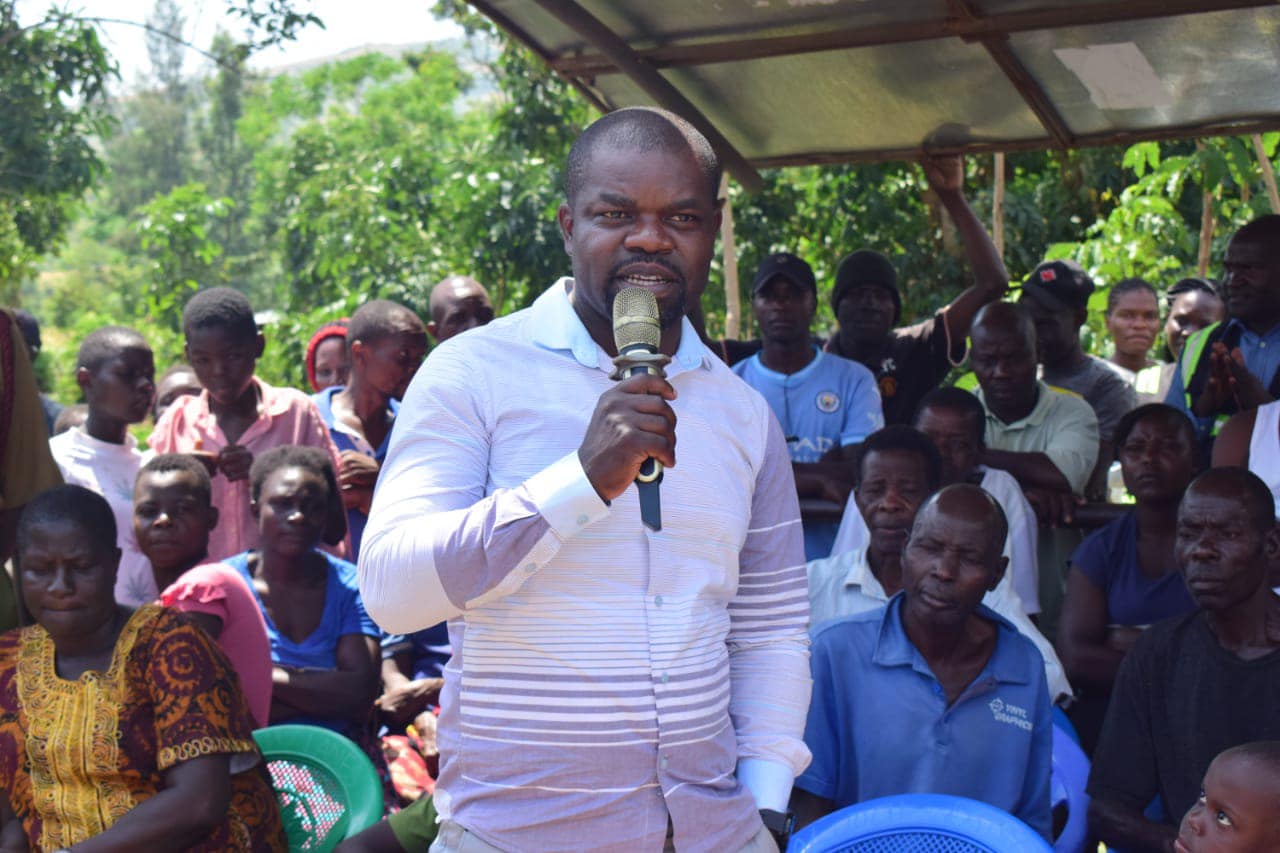
Eng. Julius Mak’Oderoh, KeNHA Nyanza Regional Director, is allegedly linked to DCP funding and workplace misconduct claims.
The High Price of Protection: Bribing the System
Sources say Eng. Mak’Oderoh keeps a firm grip on the region by funding his superiors.
He reportedly calls these payments “protection fees.” The arrangement is designed to shield him from audits or possible transfers.
Whistleblower documents claim he sends a monthly share of regional project budgets to select bosses at the KeNHA Head Office.
These payments are allegedly hidden under labels like “consultancy fees.” The funds reportedly go to a small circle of influential officials in Nairobi.
His confidence appears to come from the support of a senior figure known only as Eng. Fukwo. Mak’Oderoh is said to boast that this backing makes him untouchable.
He allegedly tells colleagues that any attempt to audit or transfer him would end badly for them.
This power structure makes it hard for staff to raise concerns.
Many believe that any complaint against him will be blocked before it reaches the top.

Eng. Julius Mak’Oderoh (right) and Eng. Ezekiel Fukwo (left) of KeNHA, named in reports alleging misuse of project funds and political influence.
Secret Pipeline: Funding the DCP Opposition
The most politically sensitive allegation centers on Eng. Julius Mak’Oderoh’s reported use of government contracts to secretly fund the Democracy for the Citizens Party (DCP).
The party, led by Rigathi Gachagua, a former impeached official and currently one of the most influential candidates, is a major opposition force.
For a serving civil servant, such involvement would constitute a serious breach of public service ethics and may even violate election regulations.
Sources claim Mak’Oderoh works with contractors linked to the DCP, helping them secure major regional projects.
These contractors allegedly receive inflated payments from KeNHA funds.
A portion of the extra money is then funneled into the DCP’s political operations, effectively turning public funds into a secret source of campaign financing.
Observers say this appears to be a calculated strategy. Insiders suggest Mak’Oderoh expects his support for the DCP will earn him protection and a senior role if the government changes.
Backing the opposition now could secure him influence in the next administration, according to these reports.

Backing the opposition now could secure him influence in the next administration
Bribery and Betrayal: Silencing a Key Witness
Mak’Oderoh’s corruption extends even into his personal relationships.
The story reveals he is in a relationship with a woman in his office whom he has bribed handsomely to ensure she keeps quiet about his underhand dealings.
This transaction is a desperate attempt to neutralize the person closest to him, who has intimate knowledge of the schemes and the flow of illicit funds.
Her silence is a critical lock on his secret vault of financial crimes, but it also creates the most volatile point of failure in his entire operation: a witness with access and a moral breaking point.
Women at KeNHA: Facing Alleged Harassment and Career Risks
Perhaps the most concerning aspect of the allegations involves the treatment of female employees.
Reports suggest some women in the office are working under a climate of fear and pressure.
Mak’Oderoh is said to use his control over project financing, a key responsibility of any KeNHA Regional Director, to enforce his directives.
According to accounts, women who refuse to comply with his demands risk having their names removed from project payrolls.
This action not only cuts their income but also affects career advancement.
The alleged pattern forces female staff to choose between complying with improper demands or facing professional setbacks.
Observers say these claims illustrate a serious abuse of authority and highlight the risks women face in the office environment.
Conclusion
As pressure mounts, attention is now focused on whether the KeNHA Board and EACC will act swiftly to restore integrity, transparency, and accountability in the Nyanza regional office.
Staff, contractors, and residents alike are watching closely, hoping that public resources and critical projects are not further compromised.
Read More: How Powerful Politicians Are Using Proxies to Privatize Kenya’s Public Assets
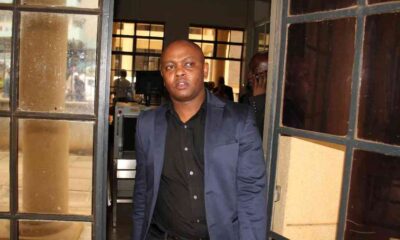
 Business News1 week ago
Business News1 week ago
 Business News1 week ago
Business News1 week ago
 General News5 days ago
General News5 days ago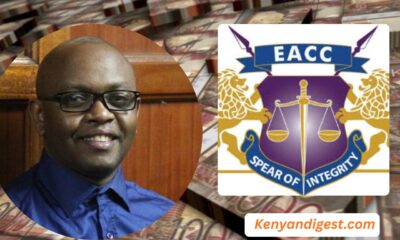
 Columns And Opinions1 week ago
Columns And Opinions1 week ago
 Entertainment5 days ago
Entertainment5 days ago
 General News5 days ago
General News5 days ago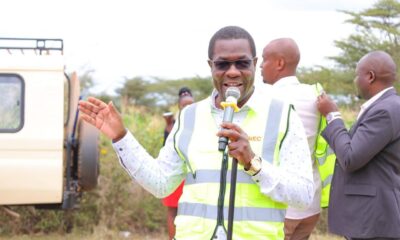
 Columns And Opinions5 days ago
Columns And Opinions5 days ago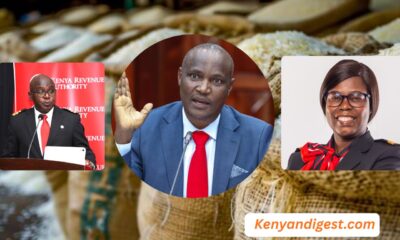
 Columns And Opinions5 days ago
Columns And Opinions5 days ago





